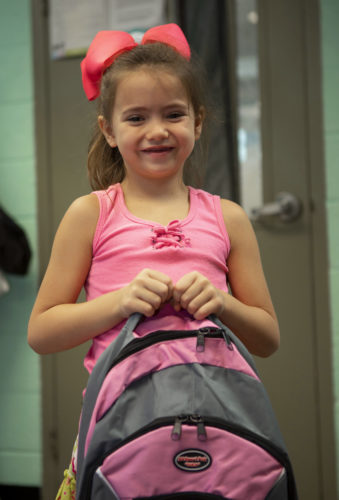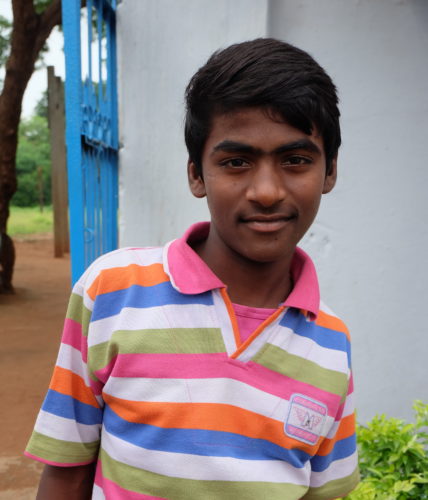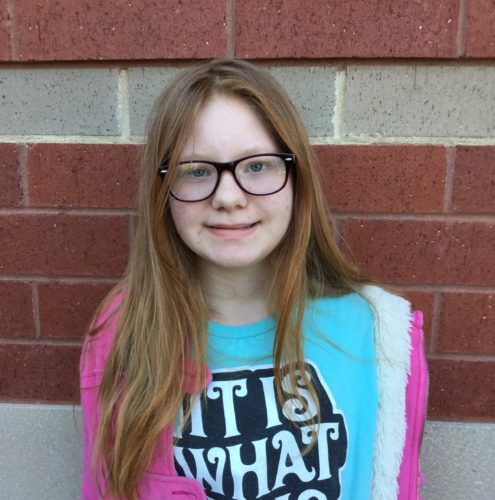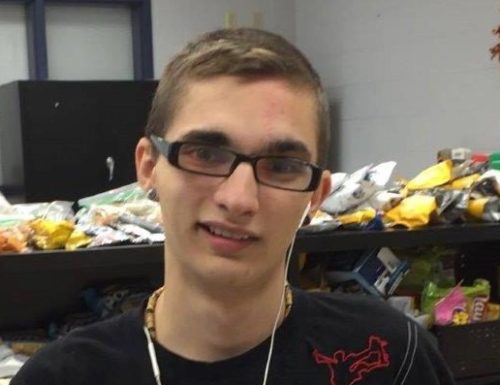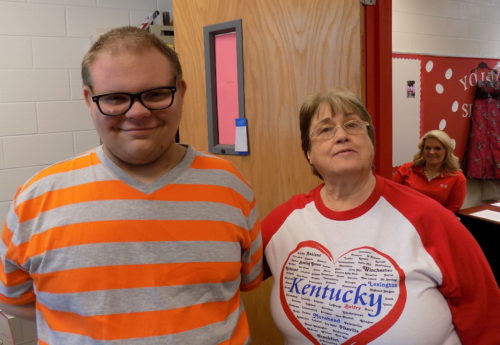A few years back, my younger daughter, who was in grade school and believed wholeheartedly in Santa Claus at the time, asked me a couple of questions that I have since replayed in my mind time and time again. She had heard me talk about the fact that many children go without presents at Christmas, and she knew that Children Incorporated works with various organizations, companies, and individuals to provide gifts to many such youngsters at this special time of year. She did not understand why Santa, who is supposed to care about all children equally, would overlook some, leaving them with no presents at all. So she asked me, “Why doesn’t Santa Claus also give those children toys? Why does he pass them by?”
So she asked me, “Why doesn’t Santa Claus also give those children toys? Why does he pass them by?”
No gifts for children living in poverty

Thanks to you, children all over the world are receiving Christmas gifts this holiday season.
As many parents through the ages have struggled with questions about Santa Claus, I, too, wrestled with responding in a way that would make sense, yet would not rob my child of her innocence and brief belief in the man in the red hat. I quickly came up with something along the lines of Santa not paying for the toys he delivers; but rather, parents send him money for gifts that he either makes or picks up, and he delivers them on Christmas Eve. Then I explained to my child that some parents cannot afford to send Santa money; thus, their children go without gifts. My daughter seemed to accept this explanation fairly well, and we moved on to the next topic.
Now, years later, my child is in high school – her belief in Santa long forgotten. She and I still struggle, however, with the concept of poverty, and the fact that many youngsters have little to celebrate at Christmastime – or throughout the year, for that matter. Basics such as food and clothing are often in short supply in their lives; thus, presents wrapped in pretty holiday paper, adorned with bright sparkly bows, are merely something about which they can only dream. As their parents struggle to provide shelter, pay rent and utilities, and ensure that their sons and daughters get to and from school – where parents hope their children will receive an education that will lead them to a better life – the brilliance of the Christmas season is greatly dimmed.
Because of kind donations, many children around the world are feeling the Christmas spirit during this magical time of year – a warmth they would not be feeling otherwise.
A season of new beginnings
Christmas is a magical time for many. Advent, the period leading up to it, is a season of new beginnings; fresh starts and hopes and possibilities – the very things those who struggle are often missing in their lives, and so desperately need. During this special time of year, I want to thank our sponsors and supporters for all that they have contributed to the work of Children Incorporated by sponsoring children, making donations to our Hope In Action Fund, and helping us to provide not only food and clothing – but also sometimes a toy or book or ball – to children who might otherwise go without. Because of kind donations, many children around the world are feeling the Christmas spirit during this magical time of year – a warmth they would not be feeling otherwise. Thanks to you, so many youngsters are having a very merry Christmas and a happy holiday. We can’t thank you enough for changing the lives of these children in need.
From the heart,
Ronald H. Carter
President and Chief Executive Officer
***
HOW DO I SPONSOR A CHILD WITH CHILDREN INCORPORATED?
You can sponsor a child with Children Incorporated in one of three ways: call our office at 1-800-538-5381 and speak with one of our staff members; email us at sponsorship@children-inc.org; or go online to our sponsorship portal, create an account, and search for a child that is available for sponsorship.

